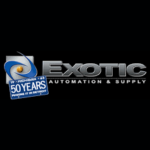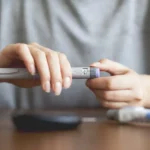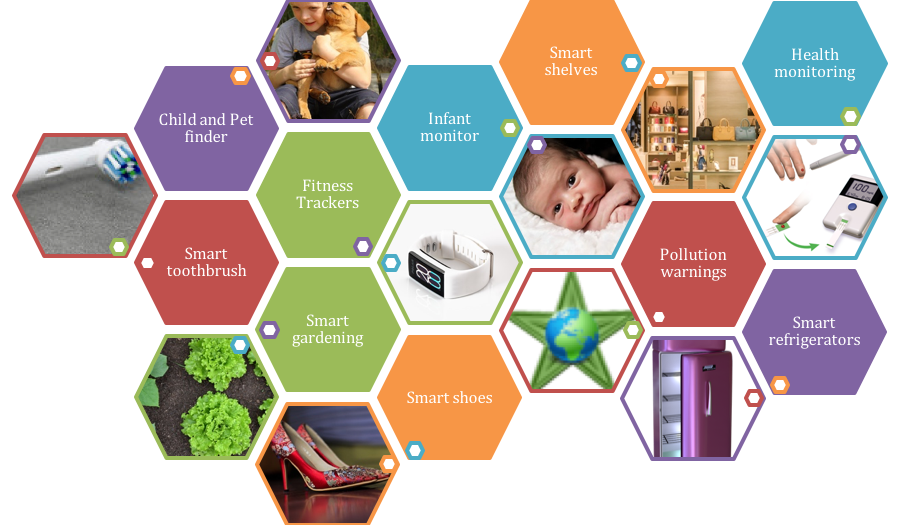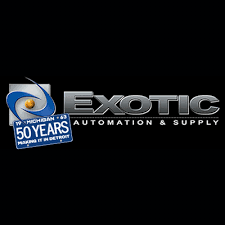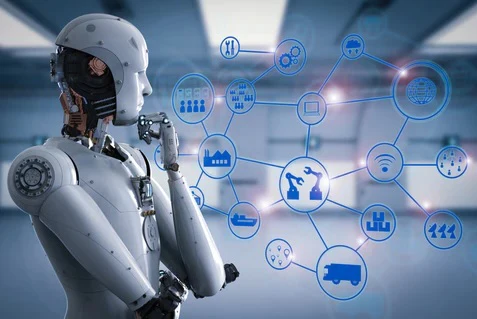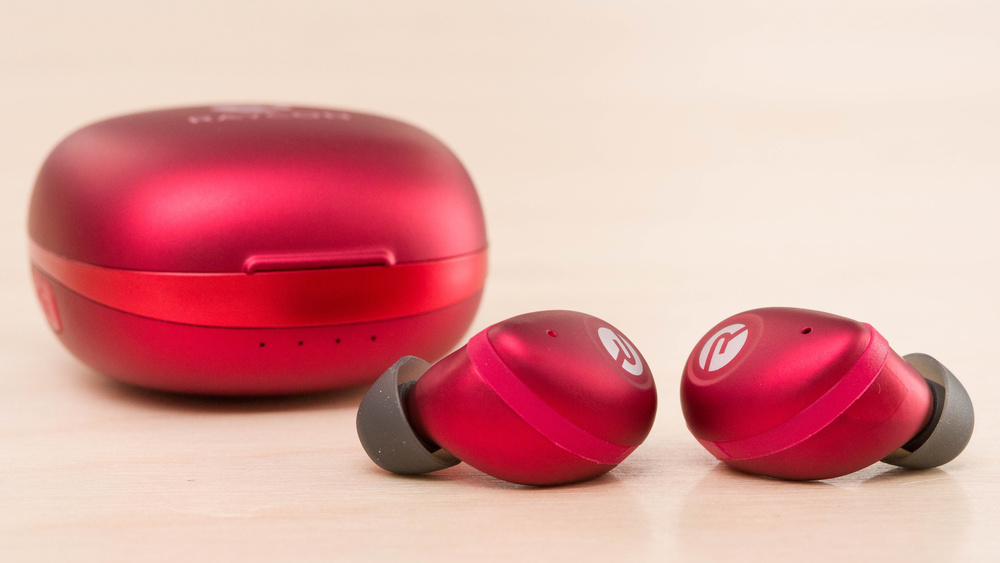The Internet of Things (IoT) is no longer a futuristic concept but a reality that is transforming industries worldwide. IoT applications in real life have changed the way businesses operate, from agriculture to healthcare and manufacturing to transportation. By connecting devices and systems, IoT technology is streamlining processes, improving efficiency, and generating new revenue streams for businesses. In this article, we will explore how IoT applications in real life are changing the game for different industries.
Table of Contents
Agriculture
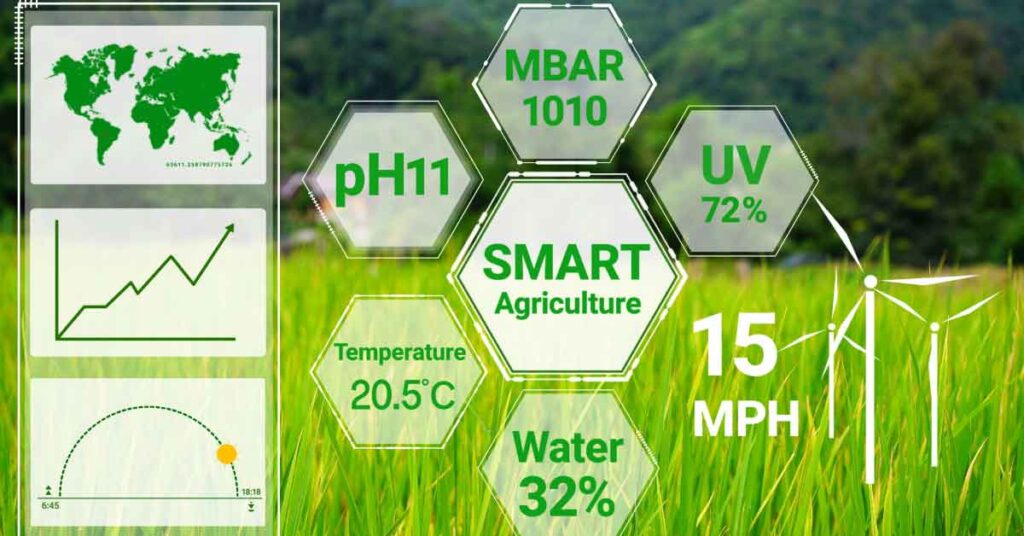
The agricultural industry has embraced IoT applications in real life to improve crop yields, reduce waste, and save costs. Connected sensors can measure soil moisture, temperature, and nutrient levels, helping farmers optimize irrigation and fertilization. Drones equipped with cameras and sensors can monitor crop health, detect pests and diseases, and create detailed maps of farms. IoT devices also enable real-time tracking of livestock, ensuring their health and safety.
Healthcare
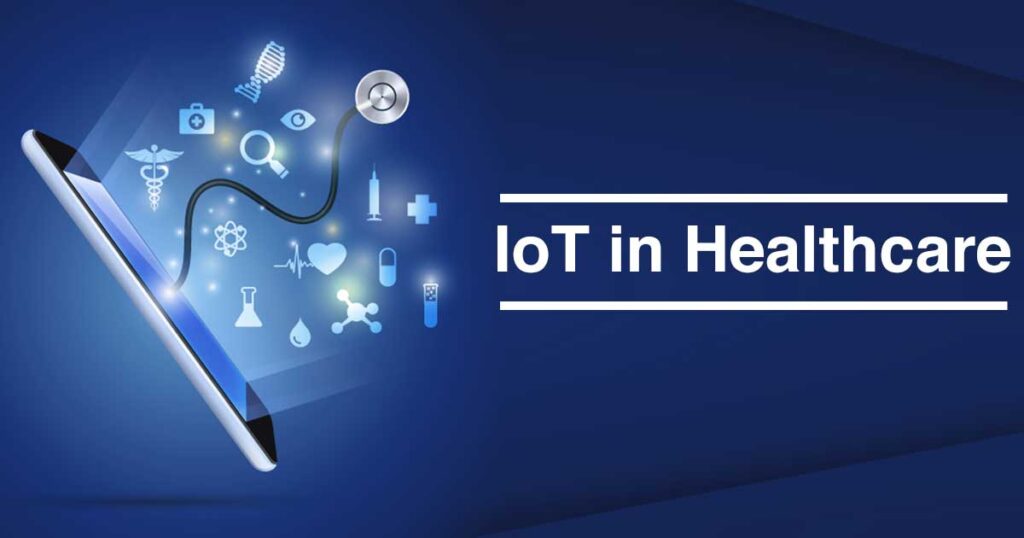
IoT applications in real life are transforming the healthcare industry by providing personalized care, improving patient outcomes, and reducing costs. Connected devices such as wearables, smart sensors, and health monitoring systems can collect data on patients’ vital signs, activity levels, and medication adherence. This data can be used to detect early signs of diseases, provide remote monitoring for patients, and facilitate communication between healthcare providers and patients.
Manufacturing
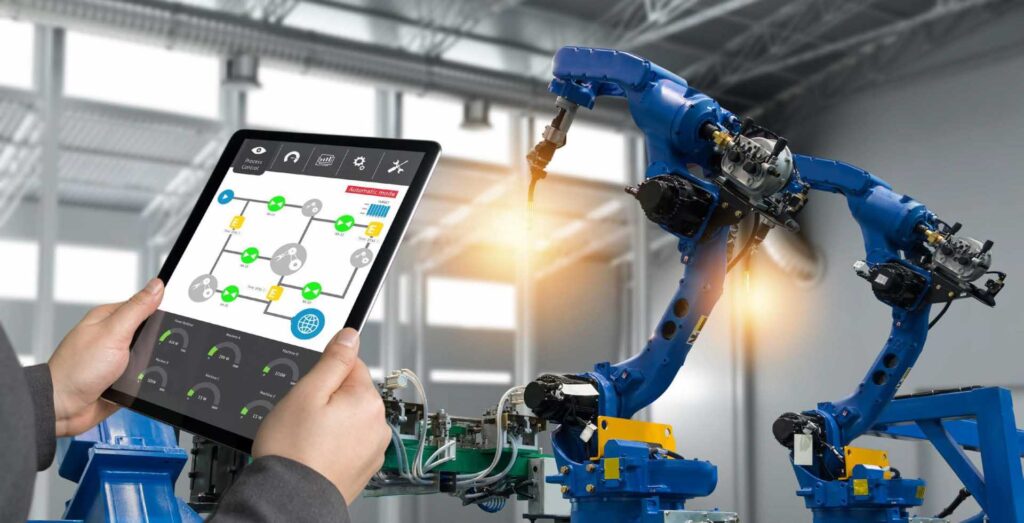
IoT applications in real life are revolutionizing the manufacturing industry by enabling smart factories and connected supply chains. IoT devices such as sensors, cameras, and robots can automate and optimize manufacturing processes, reducing downtime, increasing productivity, and improving quality control. Connected supply chains can provide real-time visibility into inventory levels, shipment status, and demand forecasting, improving efficiency and reducing costs.
Transportation
IoT applications in real life are improving the safety, efficiency, and sustainability of transportation systems. Connected vehicles can communicate with each other and with infrastructure, enabling real-time traffic management and reducing congestion. IoT devices can also monitor vehicle performance, predict maintenance needs, and optimize fuel consumption, reducing costs and emissions.
Retail
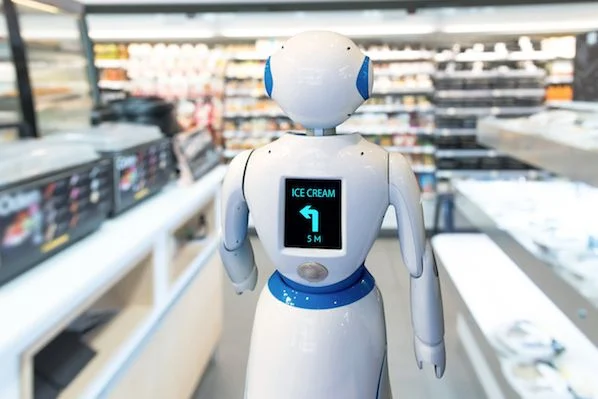
IoT applications in real life are transforming the retail industry by creating personalized shopping experiences, optimizing inventory management, and improving supply chain efficiency. Connected devices such as beacons, smart shelves, and RFID tags can collect data on customer behavior, product popularity, and inventory levels. This data can be used to create personalized promotions, optimize store layouts, and improve supply chain visibility.
Energy
IoT applications in real life are enabling the smart grid and renewable energy systems, improving energy efficiency and reducing carbon emissions. Connected devices such as smart meters, sensors, and control systems can monitor energy consumption, predict demand, and optimize energy production and distribution. This can reduce energy waste, improve reliability, and lower costs for consumers.
Logistics
IoT applications in real life are improving the efficiency and transparency of logistics and supply chain management. Connected devices such as GPS trackers, sensors, and RFID tags can provide real-time tracking and monitoring of shipments, reducing delays, theft, and errors. IoT technology can also optimize route planning, reduce fuel consumption, and improve warehouse management.
Construction
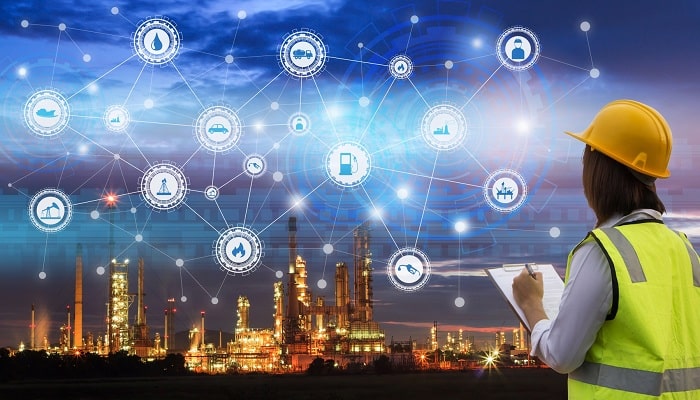
IoT applications in real life are improving safety and efficiency in the construction industry by enabling real-time monitoring and optimization of equipment and workers. Connected sensors can monitor construction sites for safety hazards, and workers can wear wearables that monitor vital signs and detect fatigue. IoT technology can also optimize equipment usage, reduce downtime, and improve quality control.
Hospitality
IoT applications in real life are transforming the hospitality industry by creating personalized guest experiences, optimizing operations, and improving safety and security. Connected devices such as smart locks, sensors, and wearables can provide seamless check-in and check-out experiences, enable personalized room settings, and monitor guest preferences. IoT technology can also optimize energy usage, reduce waste, and improve safety and security through connected cameras and access control systems.
Smart Cities
IoT applications in real life are transforming cities into smart cities by improving efficiency, sustainability, and livability. Connected devices such as smart traffic lights, sensors, and cameras can optimize traffic flow, reduce congestion, and improve public safety. IoT technology can also monitor air and water quality, improve waste management, and provide real-time information to citizens.
In conclusion, IoT applications in real life are revolutionizing industries across the board. By connecting devices, systems, and people, IoT technology is transforming traditional business models and generating new revenue streams. From agriculture to healthcare, manufacturing to transportation, and retail to energy, IoT applications are changing the game. The opportunities for innovation and growth in this field are vast, and businesses that embrace IoT technology are poised to reap the benefits of increased efficiency, reduced costs, and improved customer experiences.



